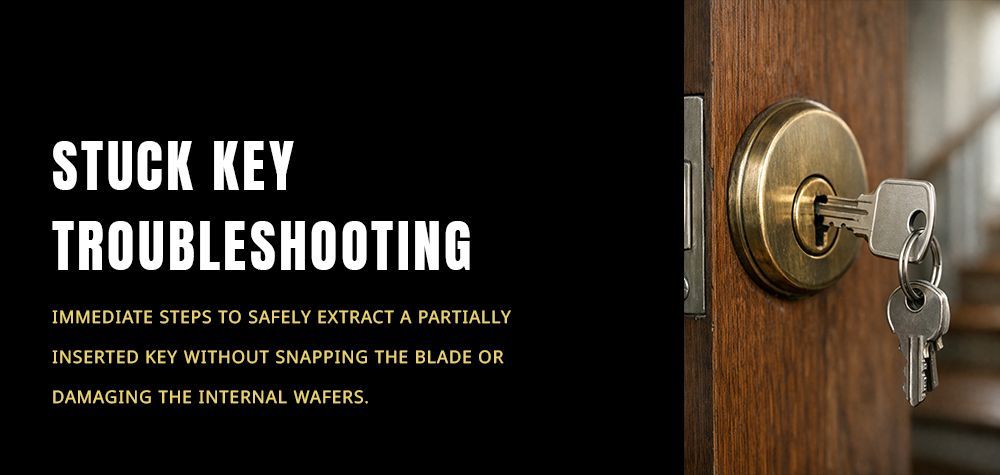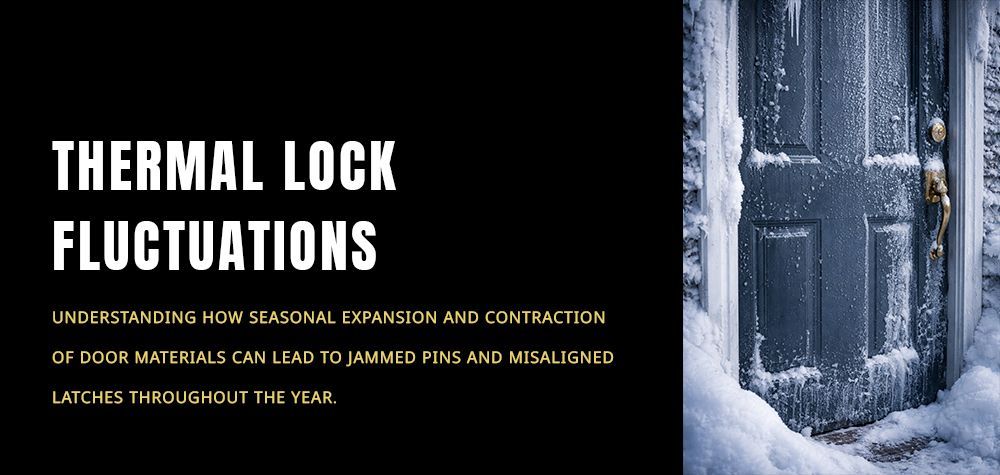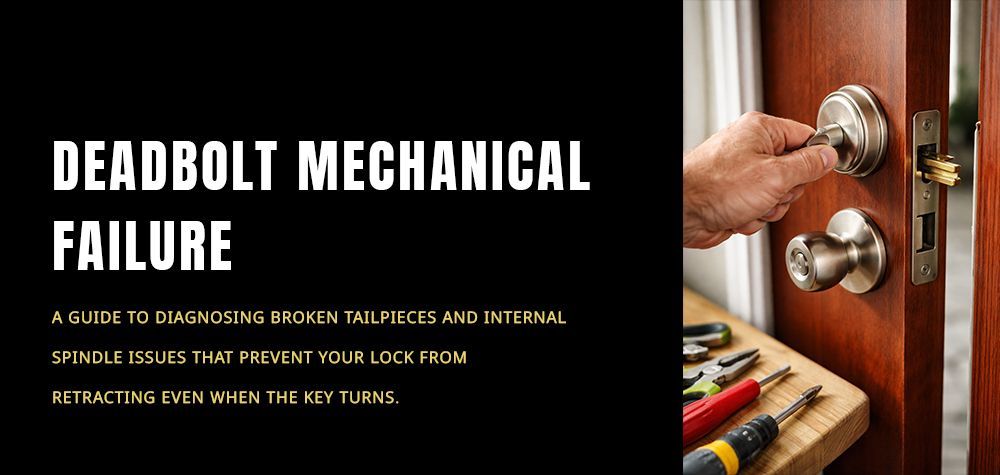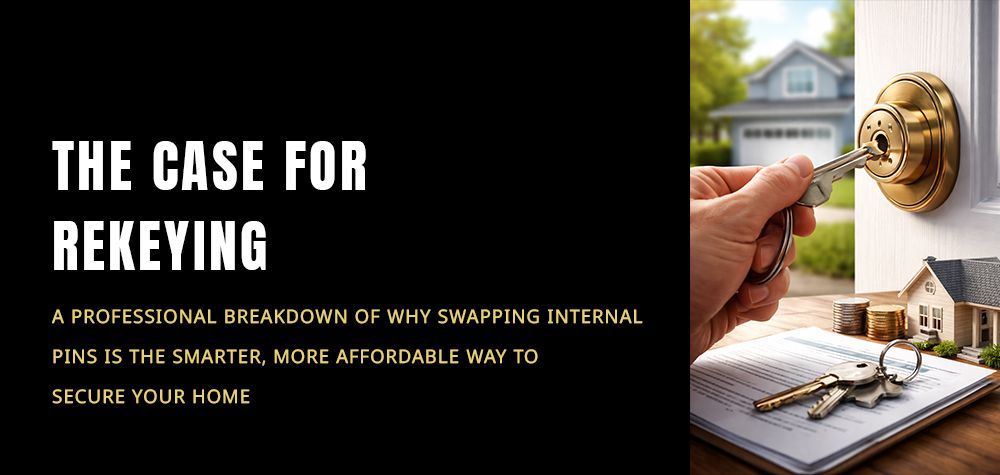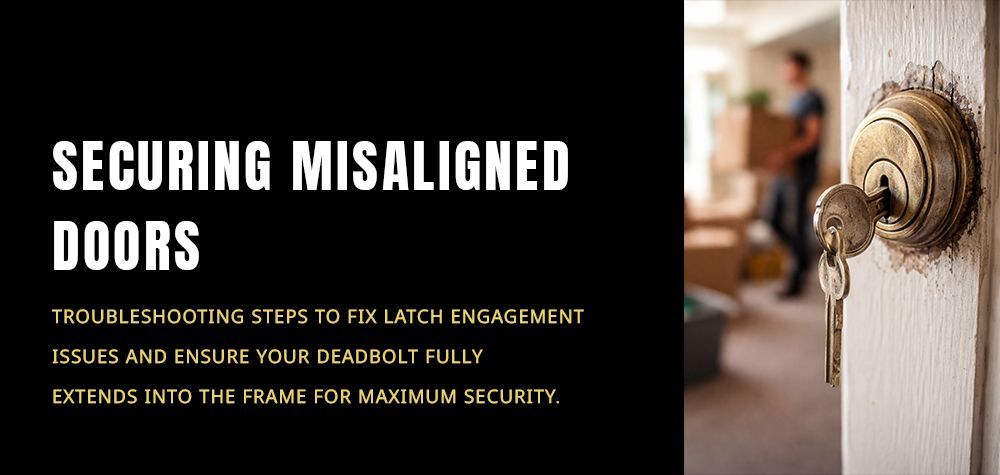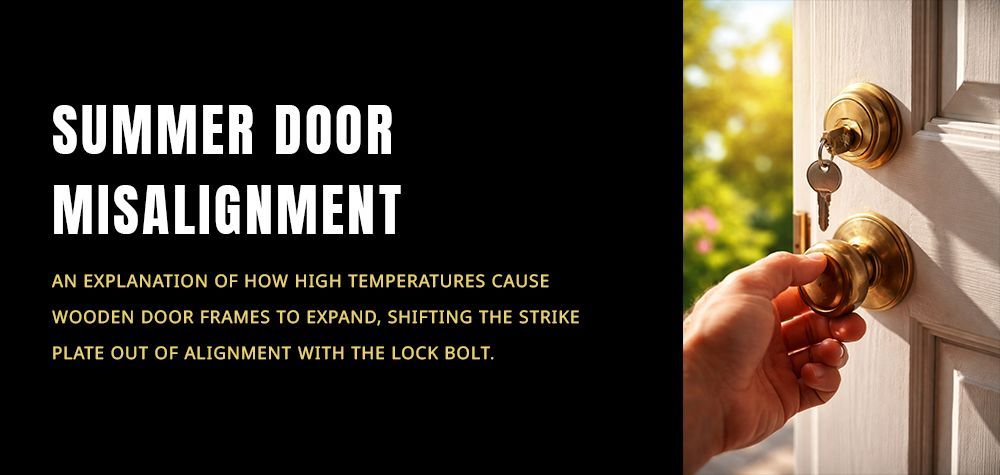Things You Need to Consider When Purchasing a Safe
August 11, 2021
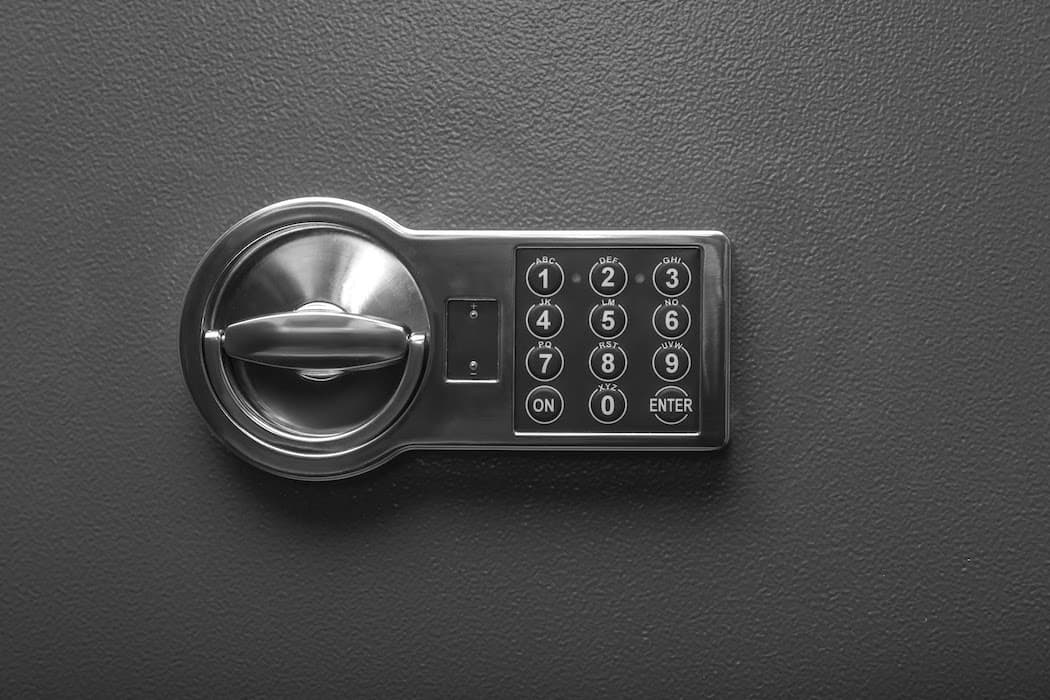
Safes hold an interesting place in our imagination. When we think “safe” we picture an armored case protected by a turn-lock and tucked away behind a painting, no doubt guarding top secret plans or priceless jewels. But you don’t need to be a 19
th
century baron to employ these nifty devices in protecting your valuables. As a homeowner, any item you would consider irreplicable is worth securing. A safe might just be what you need to help you sleep a little more soundly, knowing your possessions are guarded in case of the worst.
Purchasing a safe is an investment toward your financial and personal security in the case of an unexpected crisis, such as a home invasion or natural disaster. Whether it’s a legal document, precious heirloom, expensive jewelry, or an obscure trading card collection, all households have valuables that would be considered nearly impossible to replace if damaged or stolen. Secured safes protect these items in case of an emergency. If a burglar entered your home, for instance, valuables left in the open would become immediate targets, and those left unsecured would likely be sought and found as thieves look for items that can be easily pawned.
Additionally, if you or someone in your household owns firearms, keeping them locked inside a safe can prevent members of your household from being hurt in the unfortunate case of a misfire. It’s also great way to keep these devices away from curious little hands and criminals alike.
After you’re set on purchasing a safe, it’s important you select a model that corresponds to your specific needs — especially because high-end safes can be incredibly expensive. While all homeowners have different reasons for buying a safe, these are specific functions everyone should consider:
- Fire-proof or fire-resistant: These two terms seem to mean virtually the same thing, but homeowners should be aware of the subtle differences between fire-proof and fire-resistant safes, and what this means for their valuables. Both FP and FR models protect safe contents from high temperatures. However, “ fireproof” is usually associated with products that are slightly more durable, being able to withstand high temperatures for longer periods. For these reasons, safe manufacturers and industry marketers prefer this term, and highlight the virtues of fireproof safes to a greater degree than fireproof ones. Generally, fireproof safes are thought to provide a basic shield against fire and nothing more.
- Safe thickness: It might seem intuitive, but the thickness of your safe’s walls are of the utmost importance. The complexity of the locking mechanism or durability of the material won’t mean a thing if the safe itself can’t withstand significant force. To start, consumers should look into the safe’s UL rating. UL stands for Underwriter Laboratories, a third-party company that’s been trusted for centuries and tests products to determine if they meet specific, defined requirements. The majority of safes have a UL rating of TL-5 for a Residential Security Container. Quite literally, this means the safe door and walls can withstand approximately five minutes of being beaten by a crowbar and hammer. This is actually an incredibly low level of protection: in general, the minimum level of good protection starts at a Class B rating. These safes have a door of 1/2 inch solid steel, with 1/4-inch solid-steel walls. These bad boys can withstand hours and hours of beating from the most common burglary instruments.
- Locking mechanism: The locking mechanism on your safe can make all the difference. For over 125 years, consumers have relied on classic combination locks to secure their personal valuables. Combo locks have a proven success rate spanning many decades, and offer the significant advantage of not needing batteries. Newer electronic locks have keypads connecting to the locking mechanism, only opening when the correct code is entered. In contrast to combo and key locks, electronic locks allow for quick access and guard against owners losing keys or forgetting the steps to unlock a combo lock. Electronic lock codes can be changed easily as well, something most combo locks can’t do. Even if your batteries wear out, the current code will be saved to a memory chip and kick back in as soon as new batteries are inserted. All that being said, both combo and electronic locks are UL rated and provide a high level of security. Choosing between the two depends entirely on your personal preferences.
If you’re still stuck on the details, one of Brothers Locksmith skilled technicians is only a phone call away. We can help guide you through the process of selecting a safe, and choosing the proper locking mechanism so that your valuables receive the utmost degree of protection. And, if you ever happen to get locked out of your safe, we’re here for you as well with our 24/7 residential lockout services. Give us a ring today!
Call Us Any Time!
Can a locksmith fix door frame damage after a break-in? Learn what repairs are possible, when contractors are needed, and how to reinforce your door for stronger security.
Door lock suddenly feels rough to turn? Learn the causes, warning signs, and expert solutions to prevent broken keys and restore smooth, secure operation.


